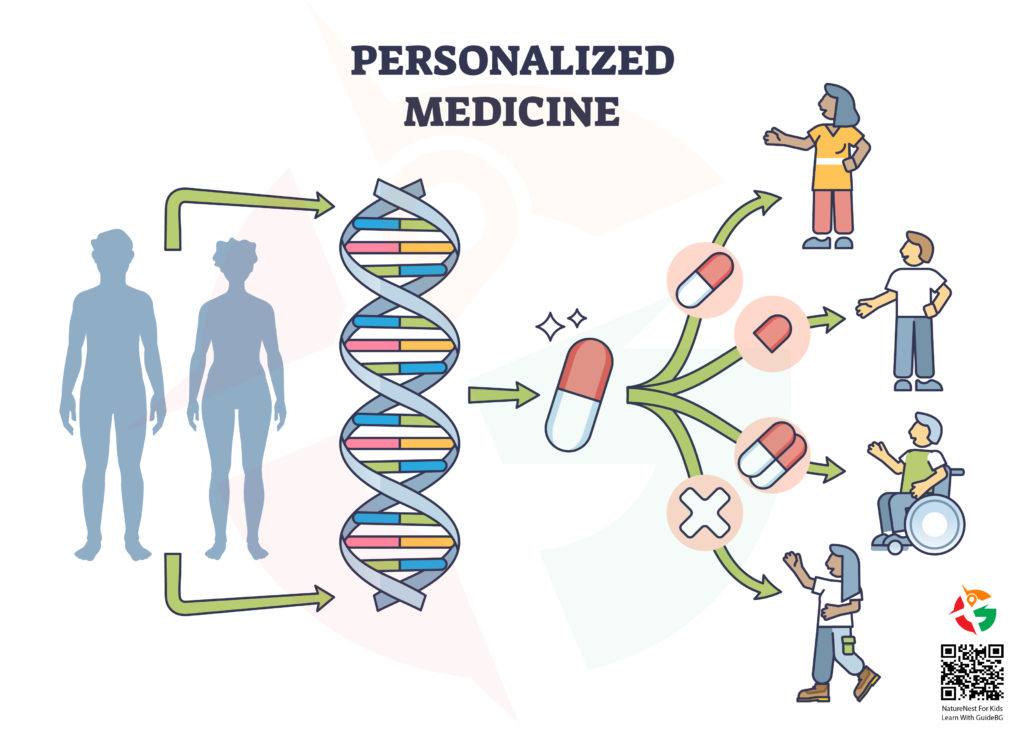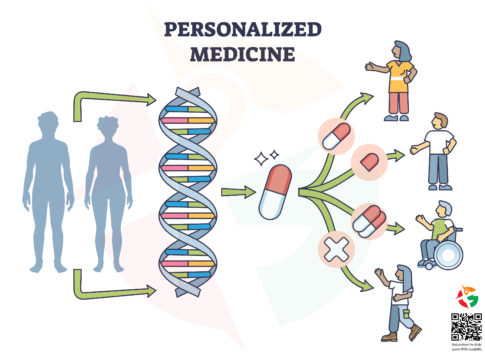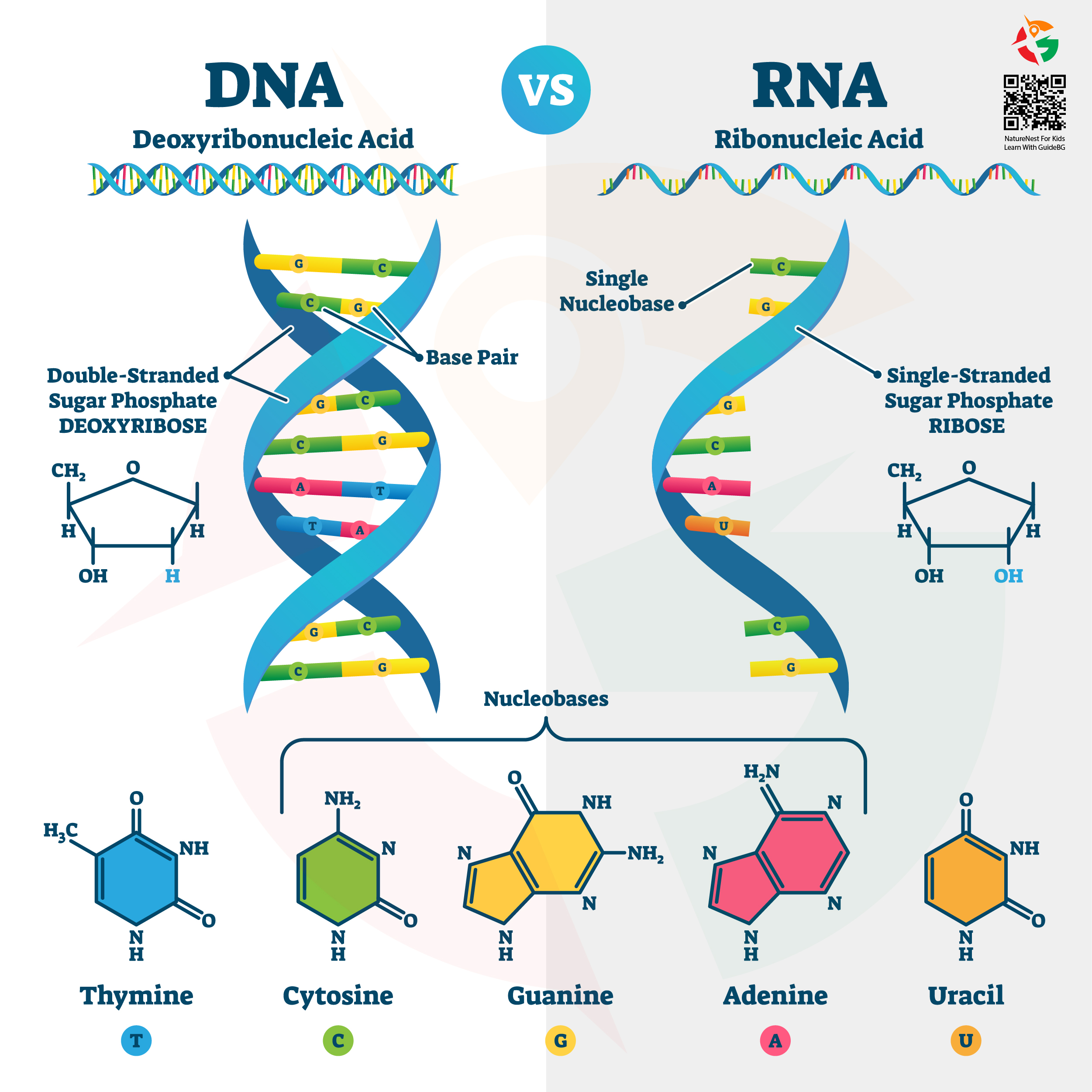In an era where technology and medicine intersect more than ever, personalized medicine stands out as a revolutionary approach, tailoring medical treatment to the individual characteristics of each patient. It’s not just about taking a pill prescribed to everybody. It’s about receiving care that’s specifically designed for you. Let’s dive into what personalized medicine is and how it works.
What is Personalized Medicine?
Personalized medicine, or precision medicine, is a medical approach that customizes healthcare to uniquely fit each patient. It tailors medical decisions, practices, and products to the individual. This method leverages genetic, environmental, and lifestyle data to develop treatments as distinctive as your fingerprint.

The Role of Genetics in Personalized Medicine
Genetic information stands at the core of personalized medicine. Our genes, holding our bodies’ blueprint, dictate how we process medications, our risk for specific diseases, and much more. Scientists analyze your genetic makeup to forecast the most effective treatments and medications for you. This reduces the trial-and-error often seen in current medical practices, streamlining your healthcare journey.
Environmental and Lifestyle Factors
Personalized medicine also considers environmental and lifestyle factors that can influence health and treatment outcomes. Your diet, activity level, exposure to toxins, and social environment are considered when developing a personalized treatment plan. This holistic approach ensures that your unique context is factored into your health care.
How Does Personalized Medication Work?
The process begins with collecting and analyzing your data—this could include genetic tests, blood tests, and detailed surveys about your lifestyle and environment. Here’s a closer look at the steps involved:
Data Collection
This involves gathering comprehensive information about you, including genetic data through DNA sequencing, lifestyle habits, and medical history.
Analysis and Prediction
Advanced algorithms and bioinformatics tools analyze this data to identify health risks, predict disease progression, and understand how you might respond to certain medications or treatments.
Customized Treatment Plans
This analysis allows healthcare providers to develop a treatment plan tailored to your needs. This plan might include personalized drug prescriptions, lifestyle changes, or targeted therapies.
Monitoring and Adjustment
Personalized medicine is an ongoing process. Your treatment plan is continuously adjusted based on how you respond and any changes in your health status or lifestyle.
Benefits of Personalized Medicine
Increased Efficacy of Treatments
By targeting treatments to your genetic profile, doctors can choose the most effective medications and avoid those likely to cause adverse effects.
Preventive Health Care
Because a personalized approach can predict disease risk, it allows early interventions to prevent diseases from developing.
Reduced Healthcare Costs
By eliminating the trial-and-error approach to treatment, personalized medicine can reduce healthcare costs in the long run by focusing on effective treatments.
Challenges and Considerations
Personalized medicine brings numerous benefits, but it also faces challenges. These include the high costs of genetic testing, privacy issues surrounding genetic data, and the need for advanced healthcare infrastructure to support personalized care.
As young adults navigate a world where they increasingly control their health, personalized medicine presents a hopeful avenue for more tailored and effective healthcare. By embracing and advocating for personalized treatment strategies, young adults can actively manage their health, honoring their unique genetic profiles, lifestyles, and environments. With ongoing advancements, personalized medicine aims to revolutionize healthcare, making it more targeted, efficient, and suited to each individual’s needs.
Are you ready to take the Medicine Crossword Puzzle?




